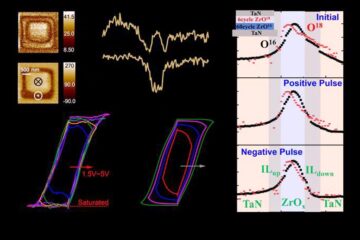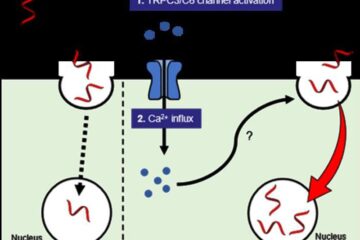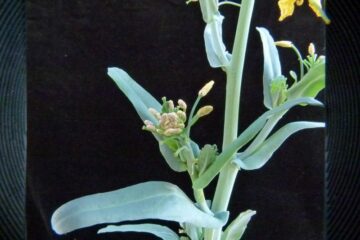New animal model for sporadic Alzheimer's Disease (AD)

Alzheimer's Disease (AD) is the main neurodegenerative disease worldwide. It places a large social and financial burden on society due to the need of life-long intensive care. There are two forms of AD identified by researchers, sporadic AD (SAD) and familial autosomal dominant AD (genetic background). Sporadic AD is the more common form, accounting for 90-95% of cases. Surprisingly, there is no animal model for the sporadic AD form available on the market.
Scientists of the University of Göttingen have now developed a transgenic mouse model for sporadic Alzheimer's Disease (TBA83). This is the first mouse model without any mutations showing neurological deficits by transgenic over-expressing of a particular form of amyloid beta peptides. The neurological phenotype resembles that of mouse models with neurodegeneration. We are now looking for companies, which are interested in licensing, developing and commercializing our approach.
Further Information: PDF
MBM ScienceBridge GmbH
Phone: (0551) 30724-151
Contact
Dr. Jens-Peter Horst
Media Contact
All latest news from the category: Technology Offerings
Newest articles

Evidence for reversible oxygen ion movement during electrical pulsing
…enabler of the emerging ferroelectricity in binary oxides. In a recent study published in Materials Futures, researchers have uncovered a pivotal mechanism driving the emergence of ferroelectricity in binary oxides….

Next-generation treatments hitch a ride into cancer cells
Researchers from Osaka University discover that opening a channel into cancer cells helps antisense oligonucleotide drugs reach their targets. Antisense oligonucleotides (ASOs) are next-generation drugs that can treat disease by…

Boron deficiency: oilseed rape reacts as with infection and pest infestation
Genetic mechanisms uncovered… Boron deficiency has a devastating effect on oilseed rape and related plants. However, little is known about the underlying genetic mechanisms. A study shows that the response…

















